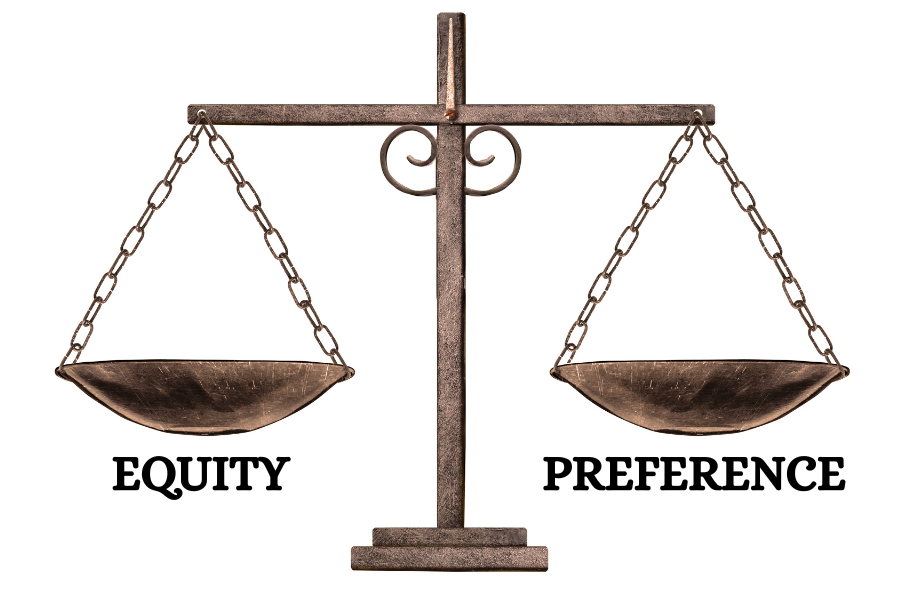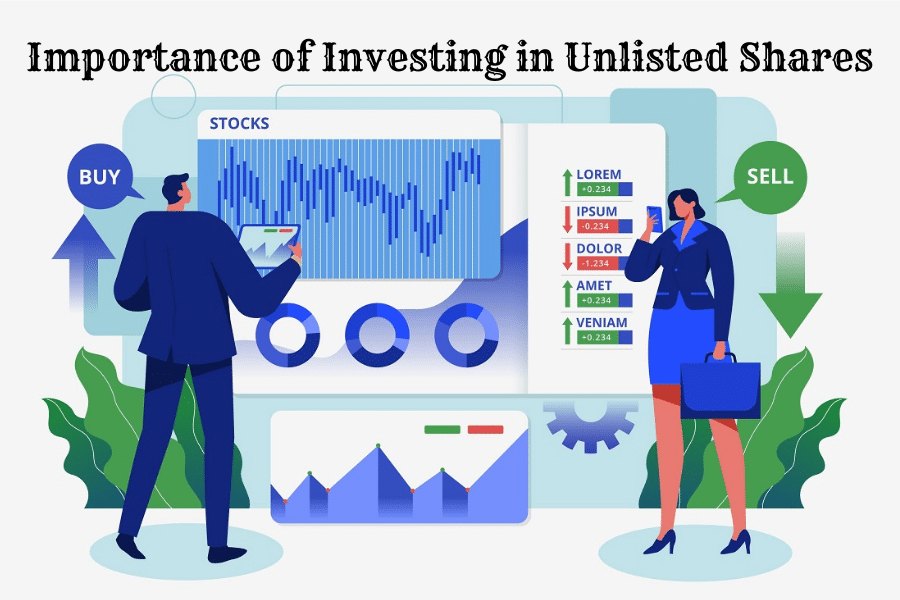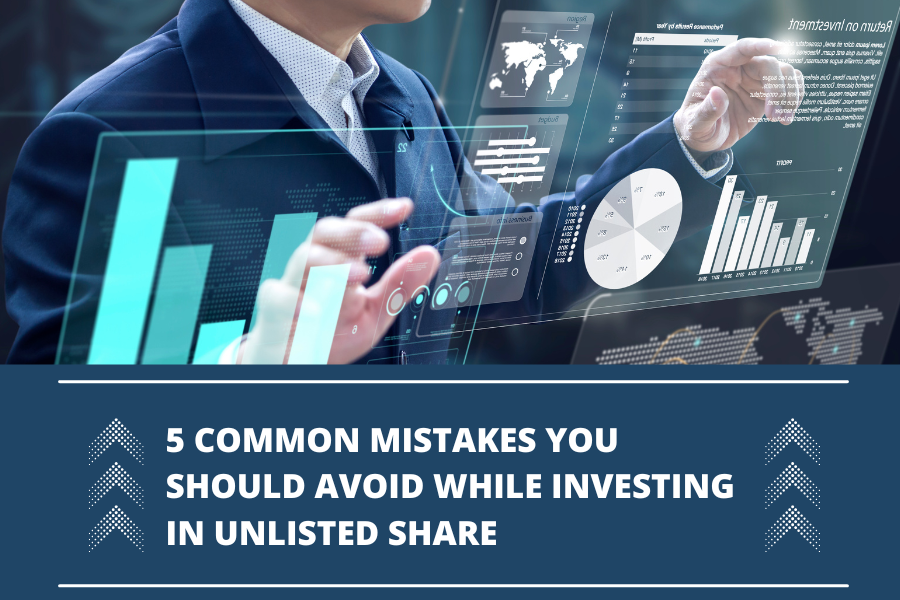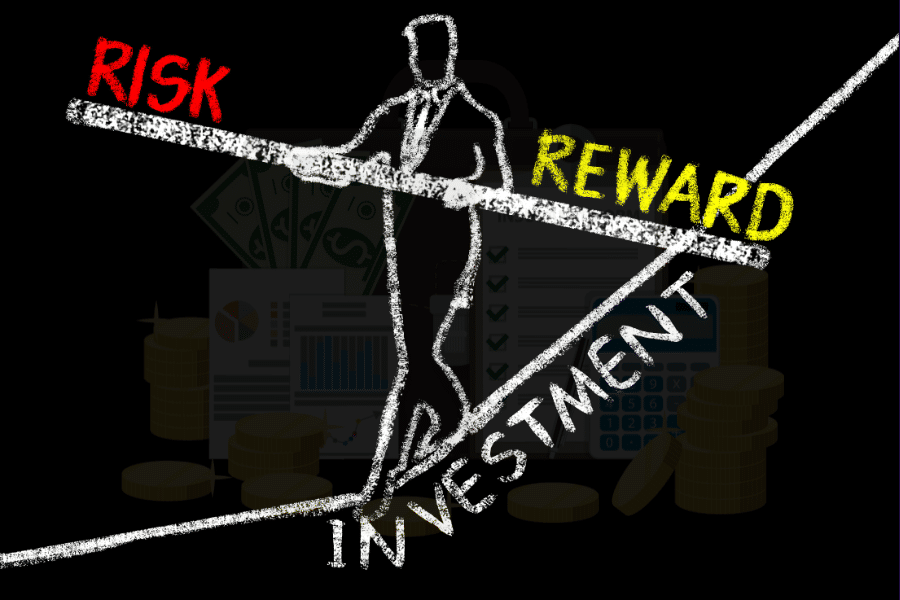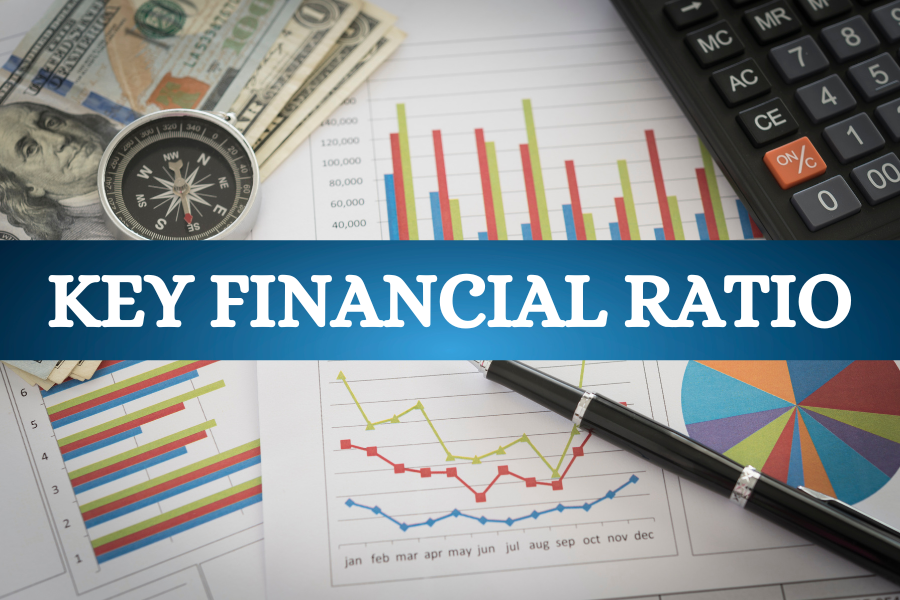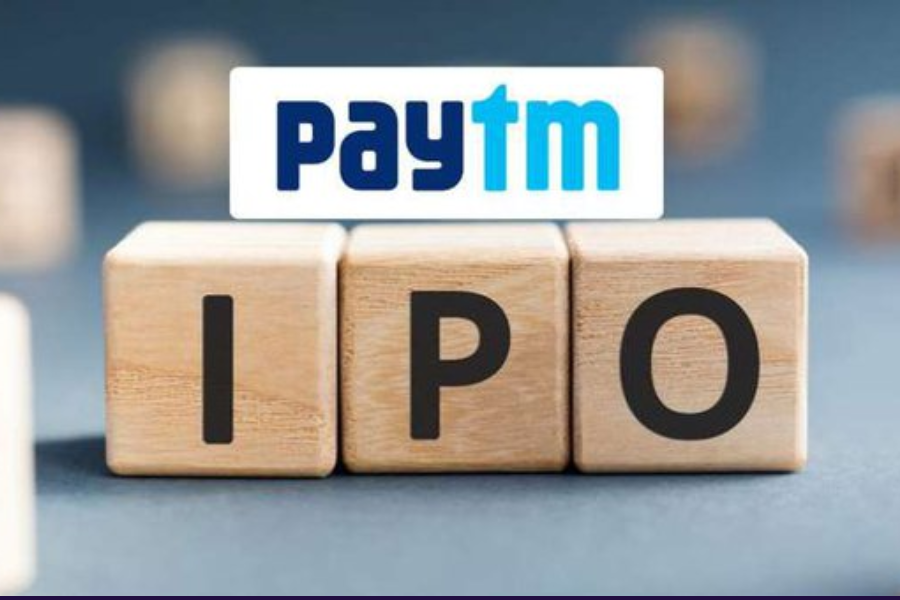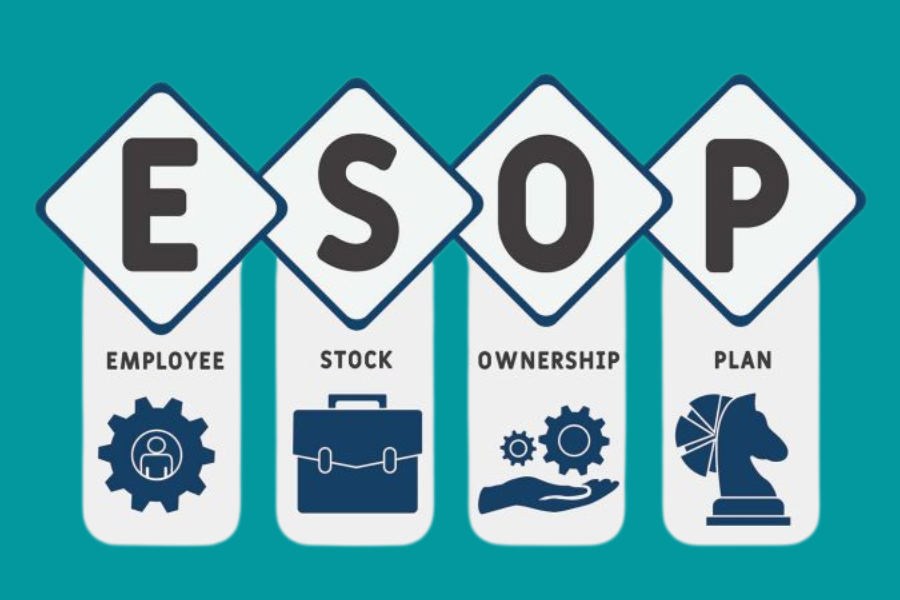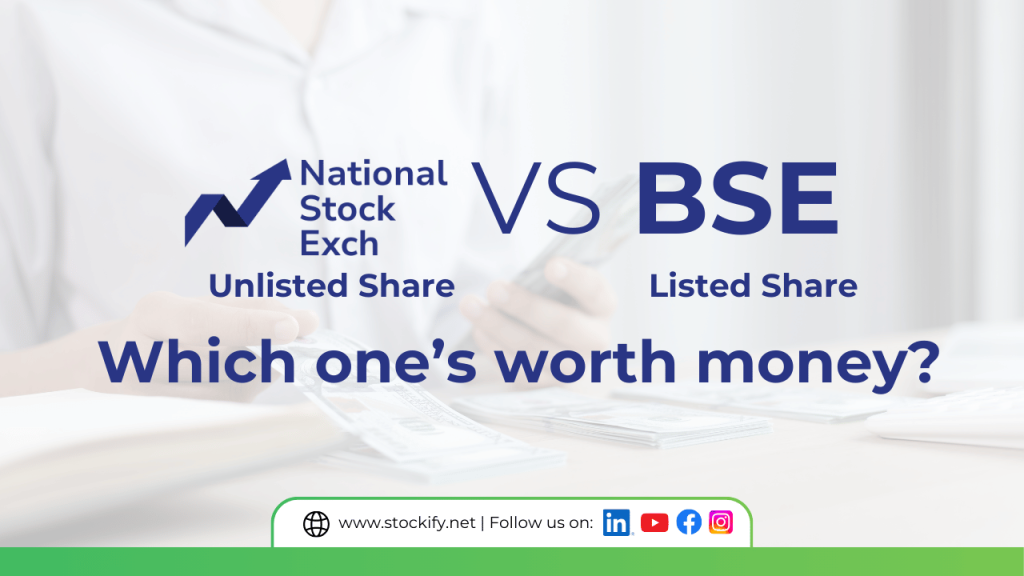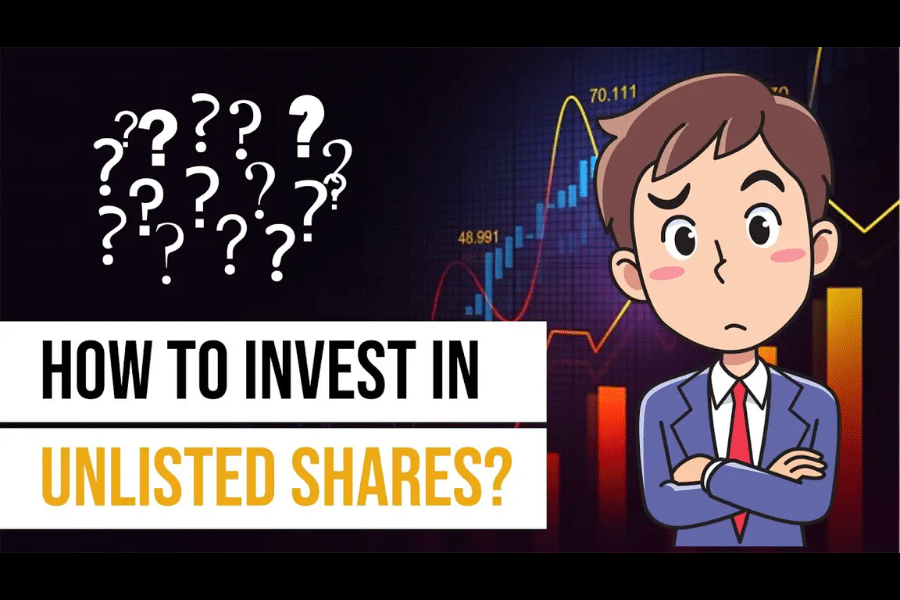Table of Contents
Buy/Sell Your Unlisted Shares
Submit the details below to share a quote.
Startup investing can be financially beneficial, but it's crucial to understand that it comes with significant risks. The great majority of startups fail—even when you do proper homework, you could end up with nothing in your pocket. As per a report by Startup Genome, 11 out of 12 start-ups fail. As a result, investors must be financially prepared to absorb any economic loss and invest in unlisted shares. It will diversify your portfolio significantly. You can take the assistance of reputed unlisted share brokers in India to diversify your portfolio.We must first understand both types of investing before delving into the differences between start-up investing and unlisted shares.
What is startup investing?
Investors essentially buy a portion of firms through startup investing. They are putting money down in return for equity which means investors get a stake in the company and rights to its possible future revenues.
By doing so, investors create a partnership with the companies in which they choose to invest. If the firm makes a profit, investors receive returns equal to their equity stake in the startup. The failure of a startup may lead the investors to lose the investment. Startup investors profit from their investments when they sell a portion or all of their stake in the firm during a liquidity event like an IPO or takeover.
You can always invest in Up-and-coming startups but make sure that the startup is promising or you risk losing your money. In a bid to promote investment by investors, the government of India has started providing these investors with cuts in their taxes for as much as a 50% cut in income tax. This is where EIS and SEIS programmes come in.
Startup equity is considered a highly risky and highly-rewarded illiquid asset type and this is the reason why financial experts recommend investing in top unlisted shares in India. This indicates that investing in startup equity is extremely hazardous because many firms fail to recover investors' money, and startup equity is hard to sell before the company becomes mainstream. However, the higher risk and illiquidity are balanced by the possibility of a substantial return if the firm succeeds.
Investing in startups carries substantial risks, but there is a possibility it will become the next Facebook or Google. There are additional tax breaks for high-net-worth people who invest in unlisted companies, albeit the qualifying investment levels range between the two programmes discussed below.
Enterprise Investment Plan (EIS)
The Enterprise Investment Scheme provides investors with income tax and capital gains tax breaks. Individual income tax reduction of 30% is available under the EIS system.
Seed Enterprise Investment Program (SEIS)
The Seed Enterprise Investment Plan, like the EIS scheme, provides investors with income tax and capital gains tax breaks. Individual income tax reduction of 50% is available under SEIS.
What are unlisted shares?
Investing in unlisted shares is an investment in companies or assets that are not publicly traded. They are also known as unquoted investments at times. The unlisted firms have big ambitions for quick expansion and require financing to get to the next level.
Unlisted shares have various risk dynamics and might be valuable to someone who is previously invested in listed shares. They can be an effective way to diversify a portfolio. Unlisted investments have comparably higher return potential than listed equities. These stocks may become public at some time in the future, which might provide a significant advantage when they are listed on stock markets. However, whether investing in listed or unlisted shares, it is critical to consider valuation criteria in addition to price and to seek out underrated firms with considerable profit growth potential.
Unlisted shares are easy to predict at times depending on their financial metrics. As unlisted shares are the pre-IPO shares of companies, their performance in the unlisted share market depends on the financial metrics of the company in recent years. To predict if your investment will be good or not, you have to look at a company's revenue, EBITDA, PAT and EPS. After evaluating all of these metrics, you can make an informed decision on your investment. If you have trouble finding the necessary details, you can visit Stockify.
Usually, unlisted shares are illiquid, attracting only a selected group of investors ready to commit to a longer time horizon. The values are often lower due to the reduced demand for these investments. There are fewer individuals that wish to be a part of this community.
There are several possibilities to invest in a stock that is undervalued. However, identifying such chances demands considerable foresight and understanding. It may be preferable for a beginner to seek the assistance of an expert who can give the necessary direction.
Difference between Start-up investing and Unlisted shares?
The difference is actually rather significant. Even though the startup is a solid small-capital firm having a profitable financial sheet and operating in a product or service market, in its early phases, it may only be a concept or be at a basic product-market fit stage. A lot of work needs to be done to make it a profitable business from then on. As a result, the danger is not simply of low returns, but of losing all of your invested cash. A startup's expected return is substantially lower than the return in investing in shares of an unlisted corporation.
One of the major differences between start-up investing and unlisted shares is that a start-up can either become a unicorn or it can turn to ashes. Whereas in unlisted shares, if you do thorough research and take expert advice, the chances of you making a profit increase significantly. When buying unlisted shares you just have to take a look at the financial metrics of the company in the previous years. Moreover, you will have to invest a lot of money in a start-up, but in unlisted shares, you don’t have to invest much.
Start-up investing can be a significant decision since these firms or companies are not yet come to complete existence. They are still in the process of transformation and fostering themselves. Therefore, no one can predict whether the innovation will be successful or fail. But, for the economic, entrepreneurial, and innovative growth of the country giving them a chance to stand out is important.
On the other hand, the unlisted share market is illiquid, yet this disadvantage may be transformed into an advantage for unlisted stock investors. Due to illiquidity, the stock price generally remains undervalued or overpriced for an extended period of time. You should try to invest in unlisted shares when the market is not favourable. Then, in the long run, you can make enormous gains, especially if the stock is later listed and the corporation expects high returns.
If you are a beginner in the stock market and don't know how to buy unlisted shares in India, you must consult or take the assistance of reputed unlisted share brokers in India. Moreover, unlisted share dealers will help you find dependable unlisted corporations leading to higher capital gains.
Wrap Up! What's Next?
At Stockify, we have qualified unlisted share brokers doing in-depth research about the company’s fundamentals and growth before offering them to you for purchase. You can sell or buy unlisted shares in India at our online platform where you will find unlisted stocks from top companies like Bira91, HDB Financial Services, Tamilnad Mercantile Band, LTD, etc. Find the most profitable unlisted stocks to buy in India.




